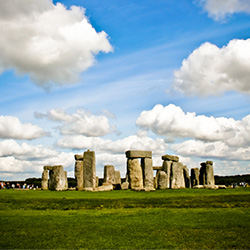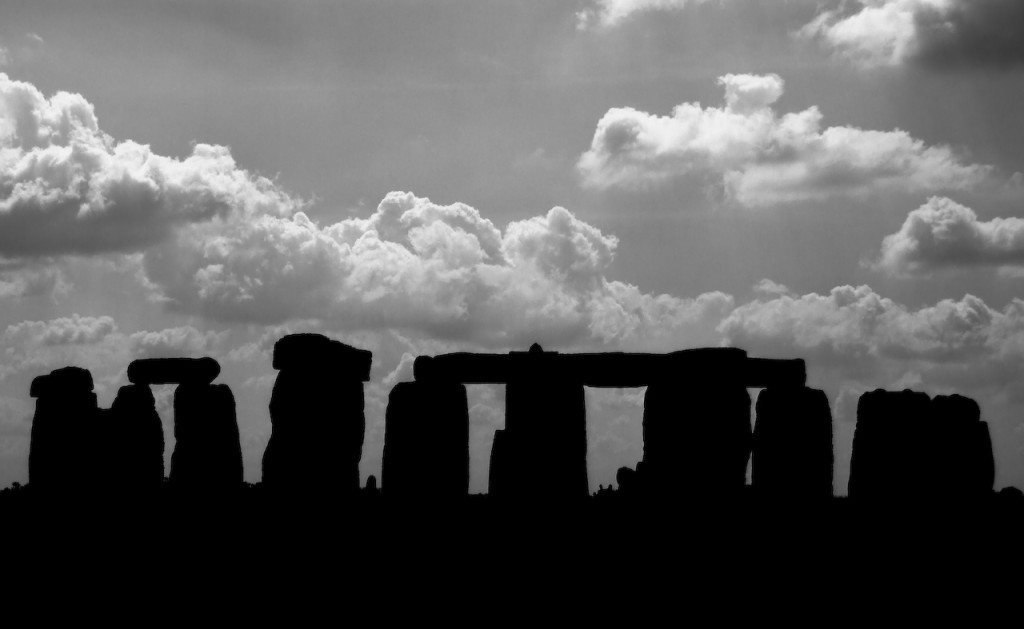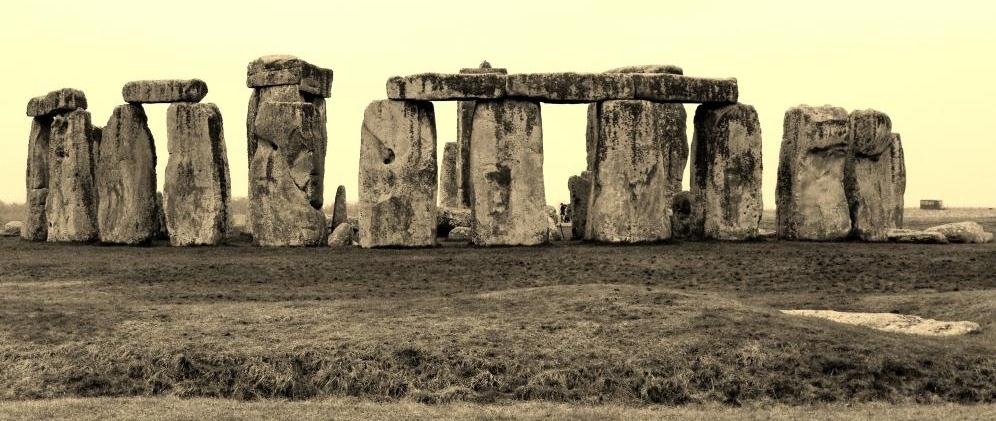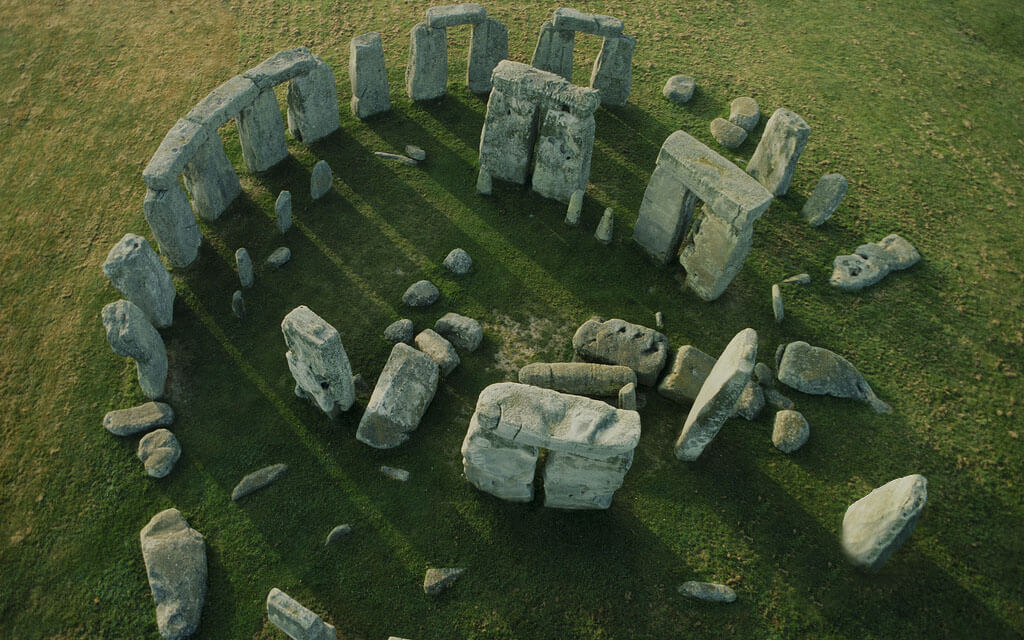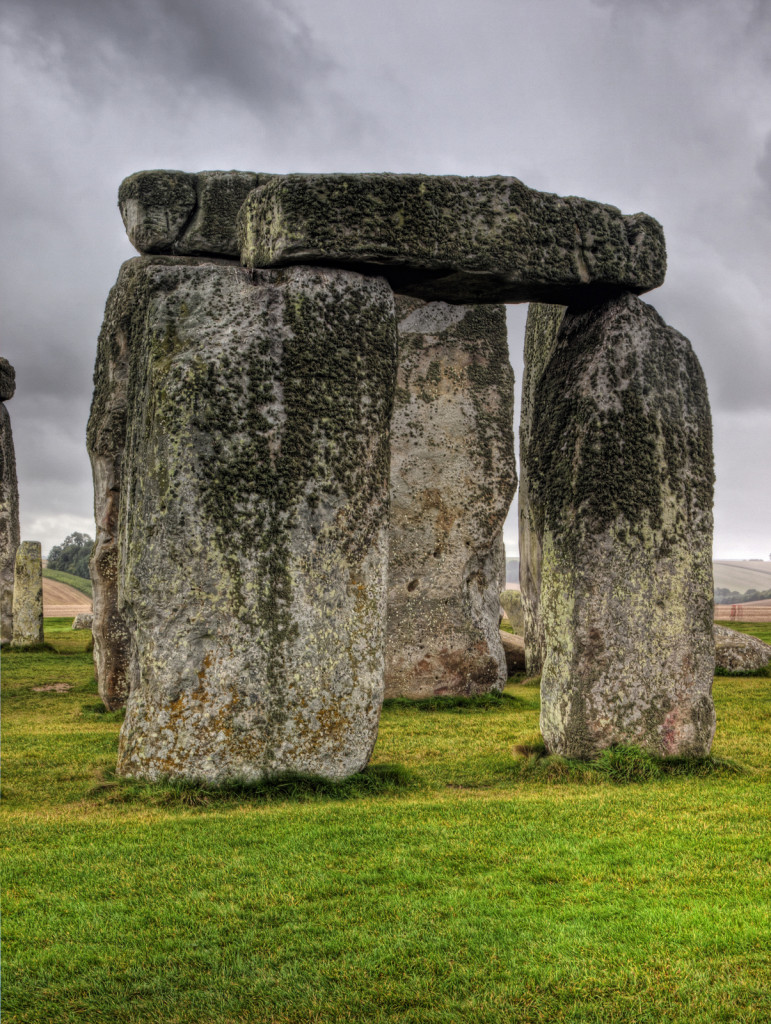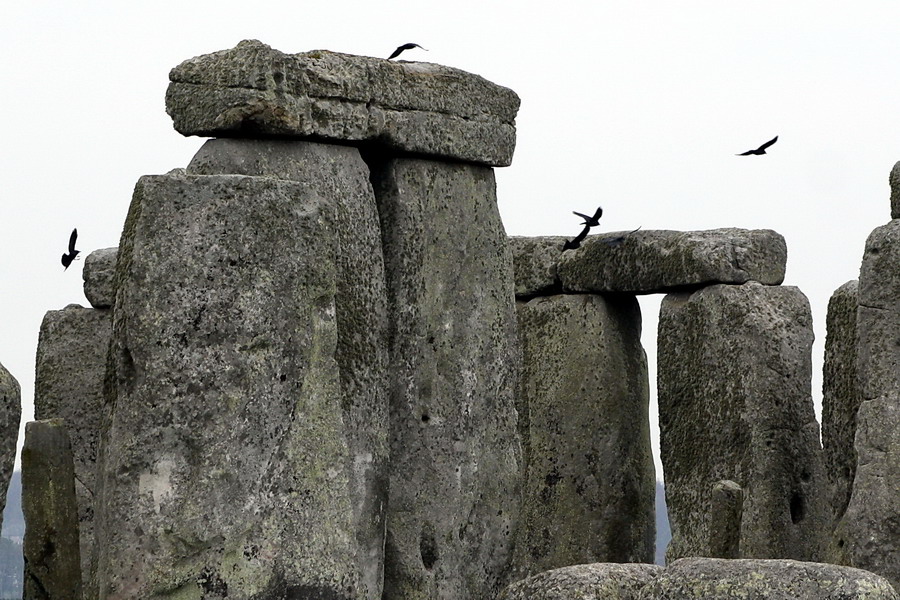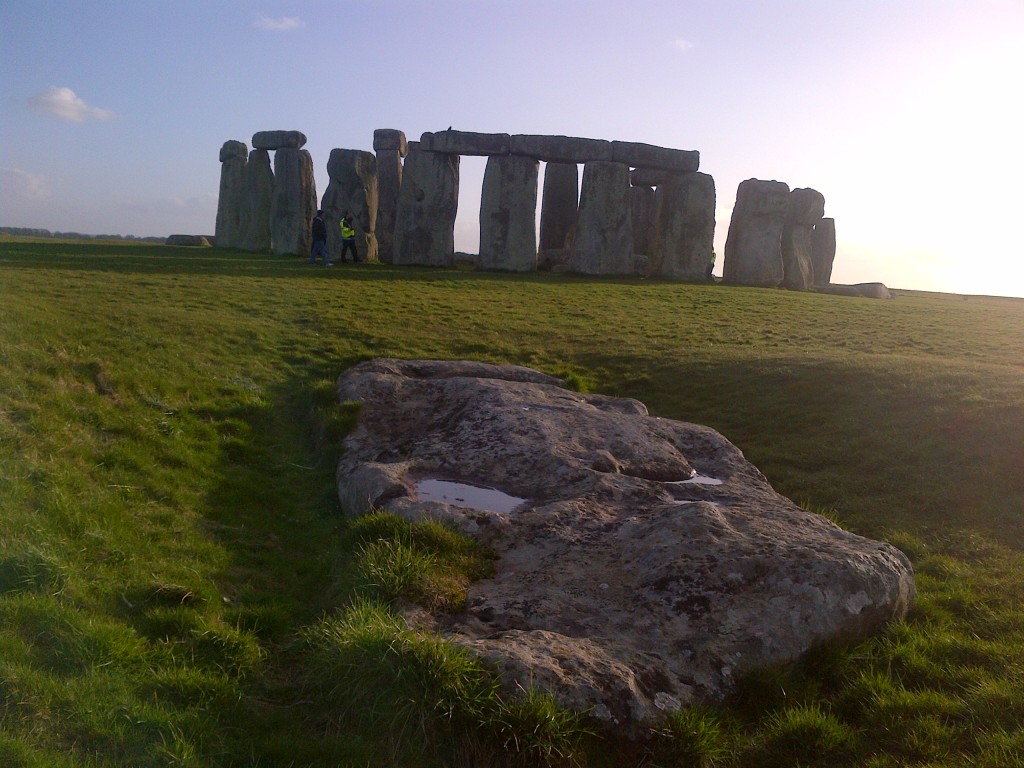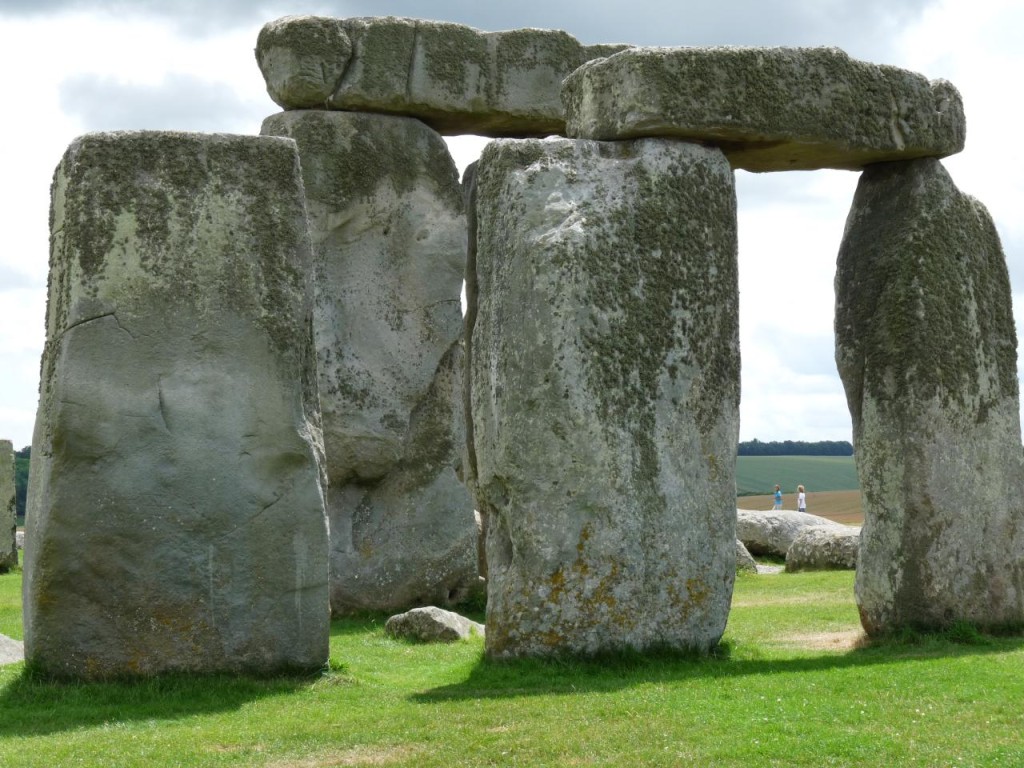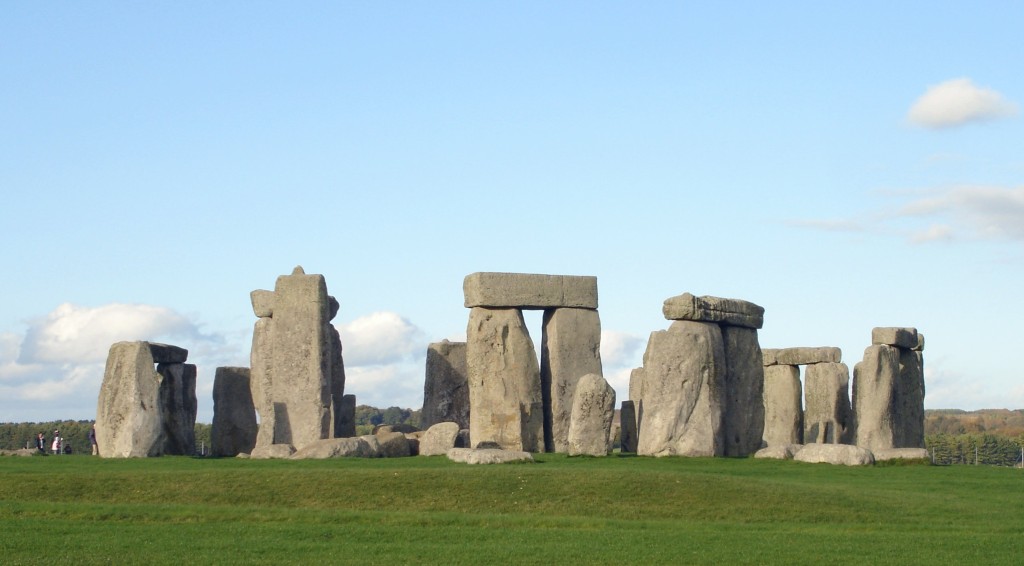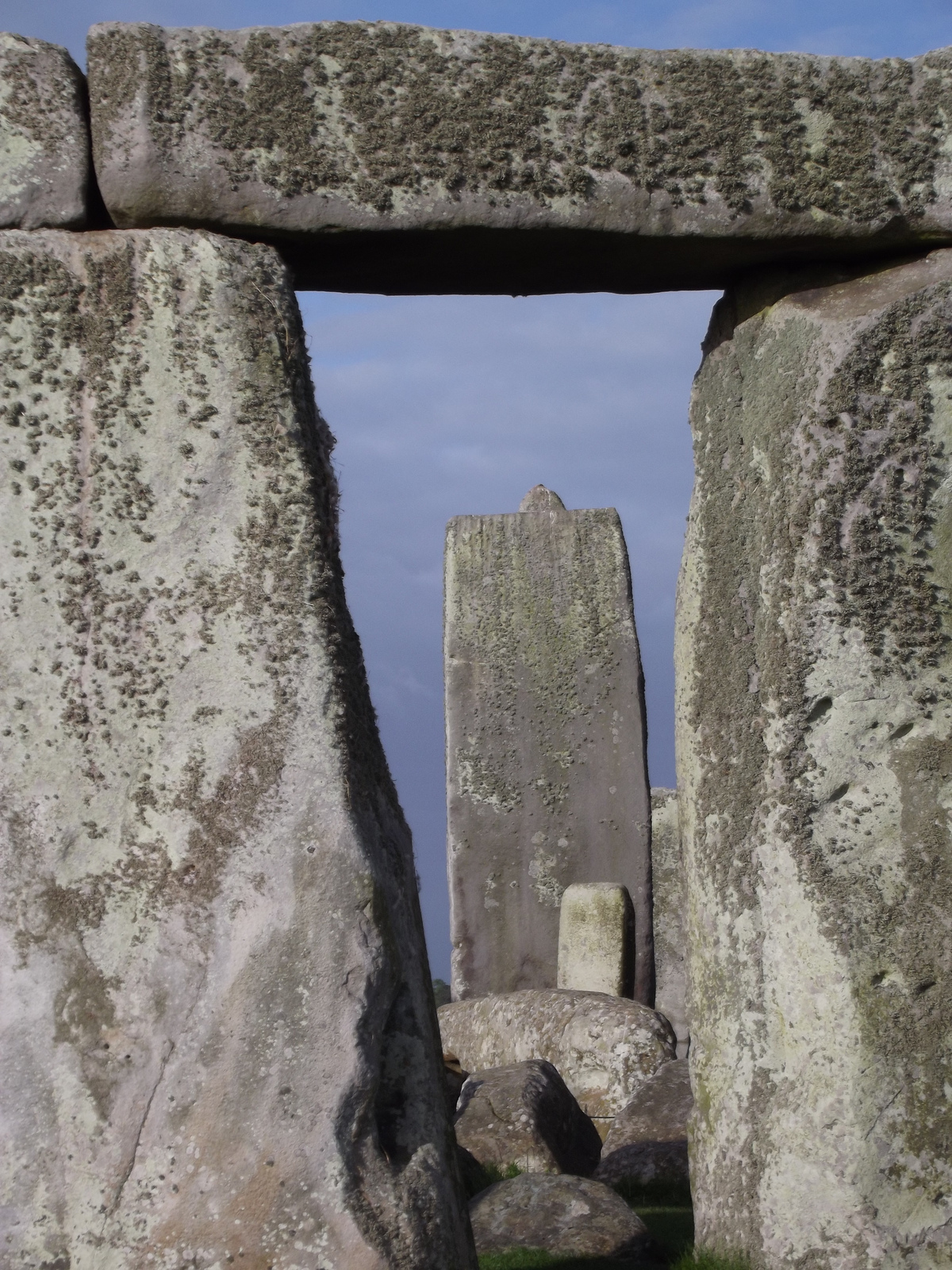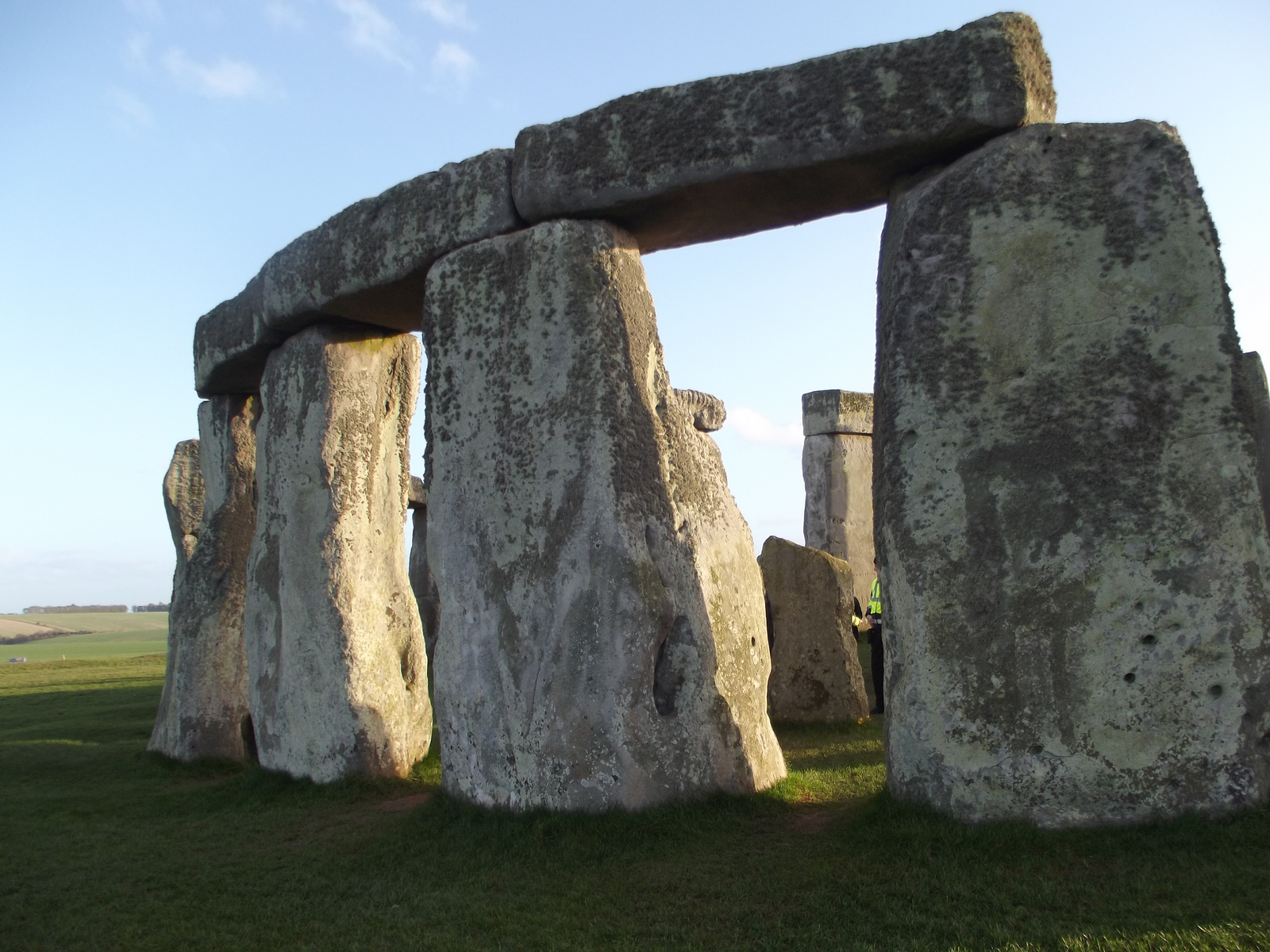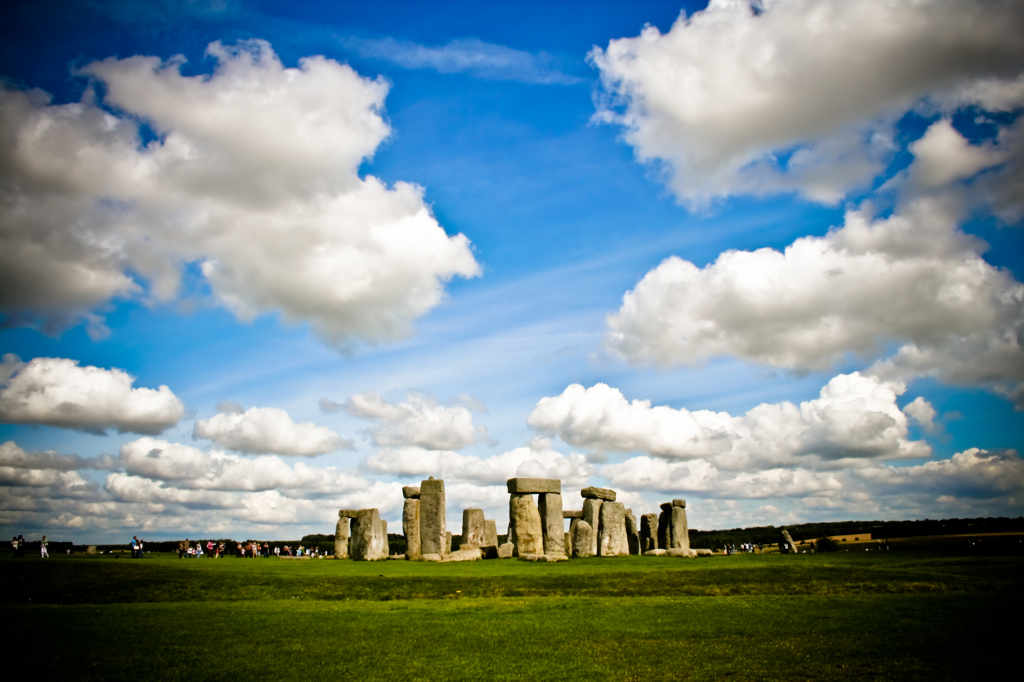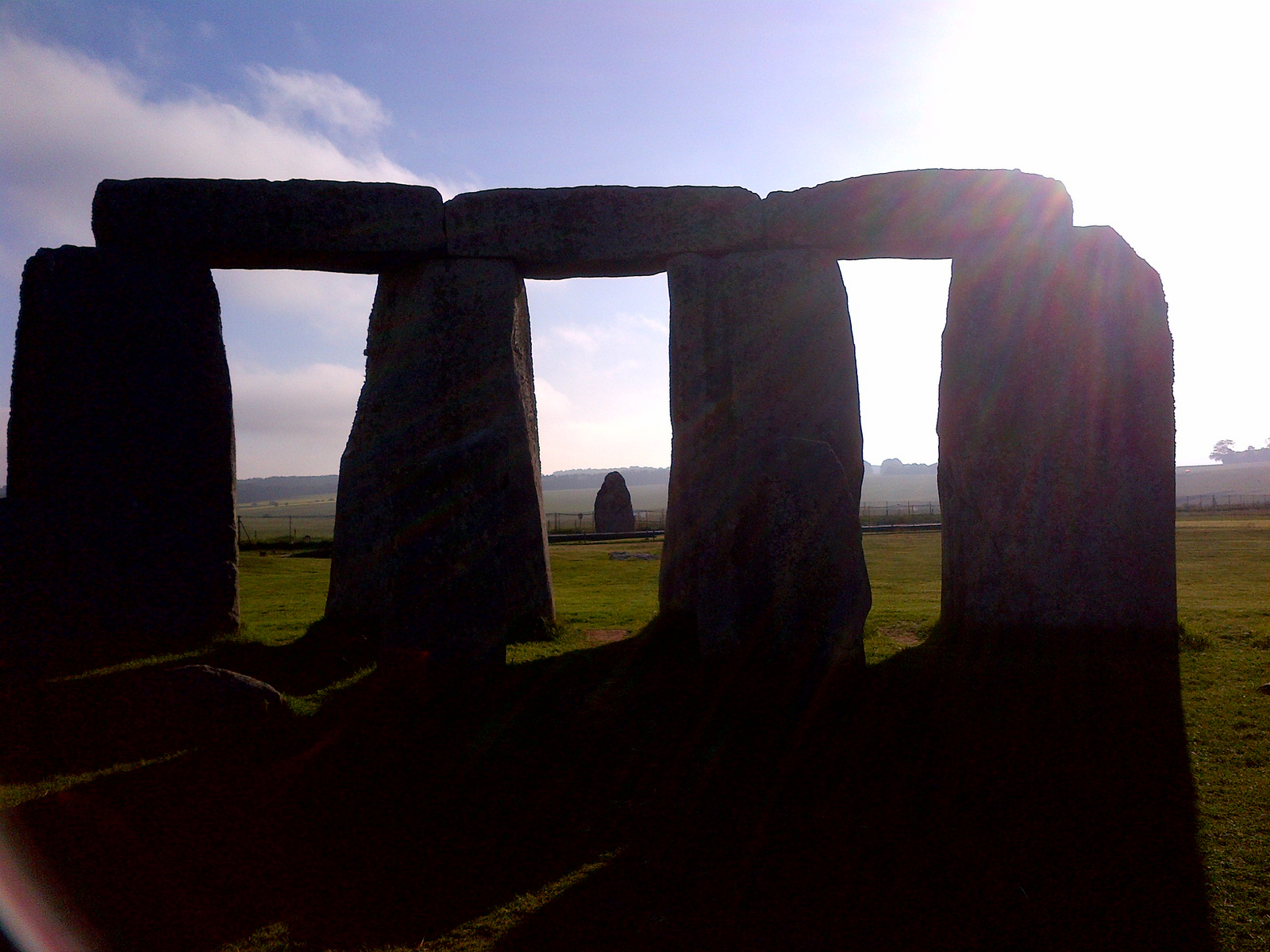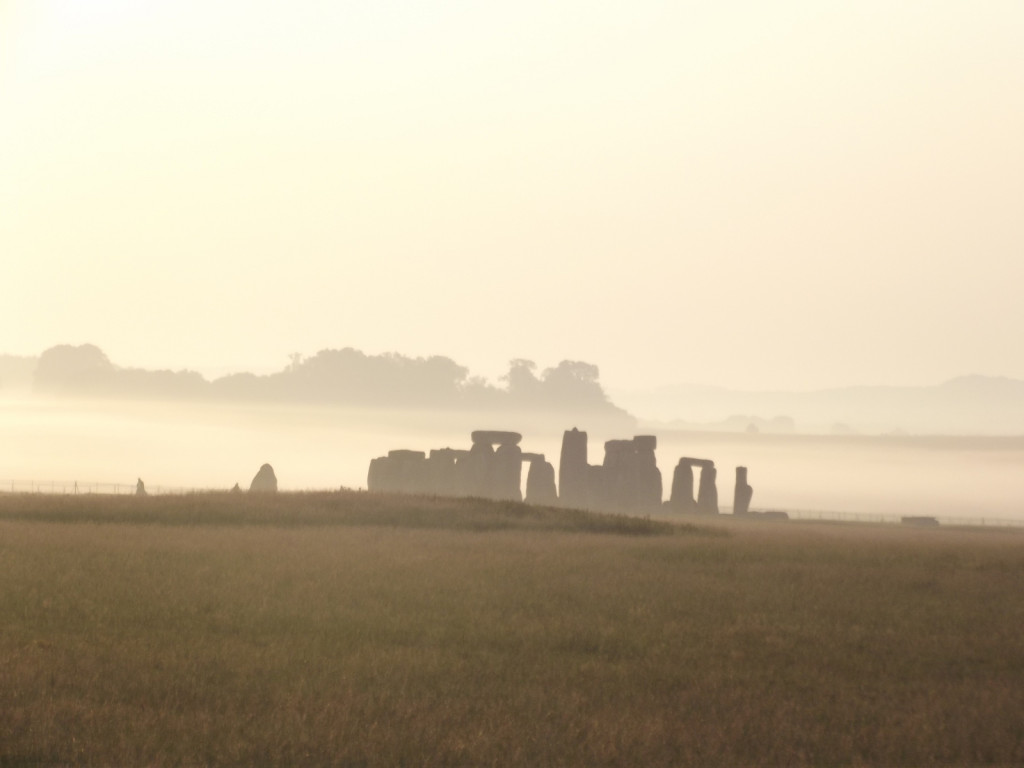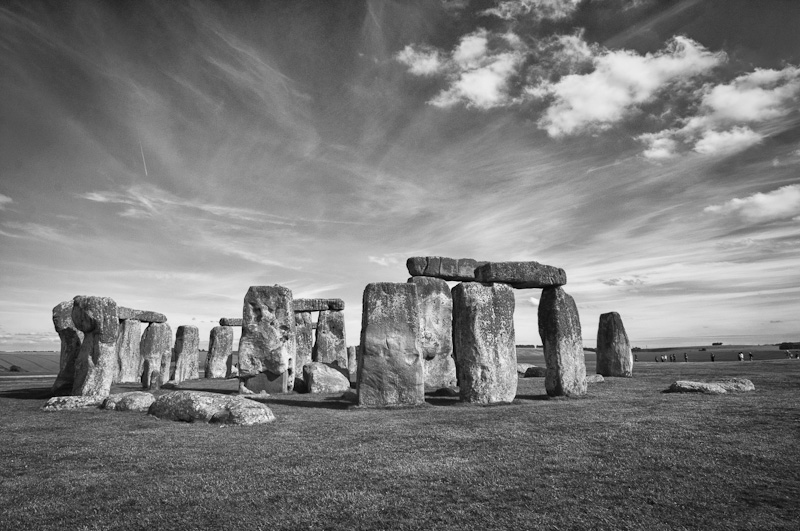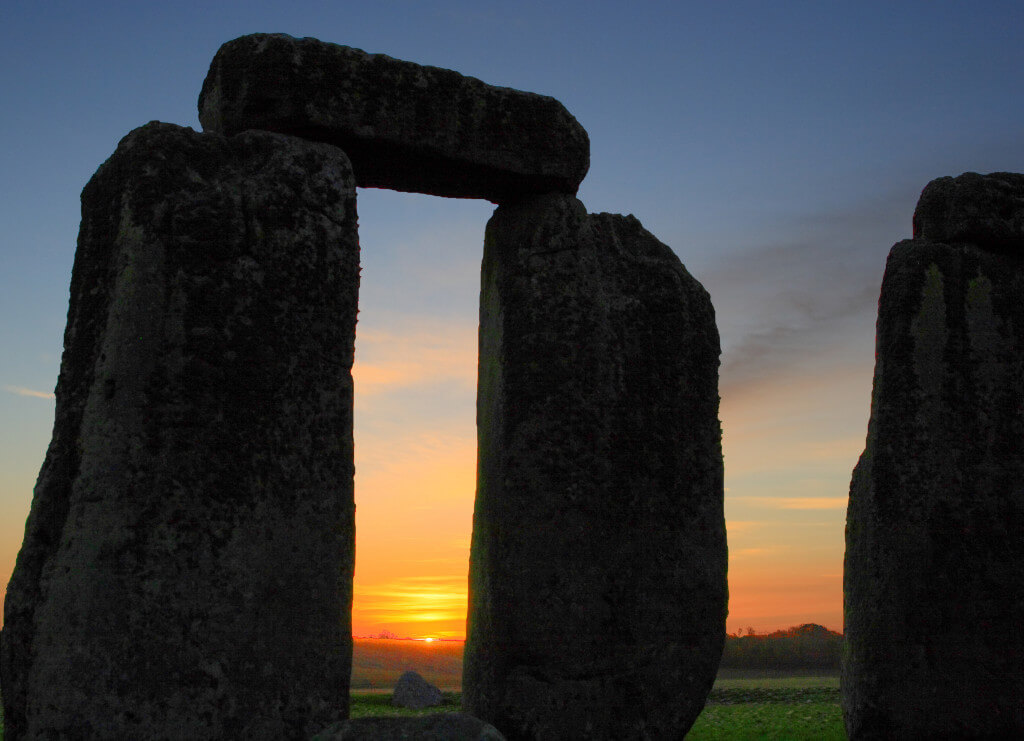One of the most mysterious sites in the world is Stonehenge. Was it a huge calendar, a ritual ground, temple, or maybe an ancient cemetery?
Many historians and curious minds still wonder about the origin even now. Many believe it to be some sort of burial ground, others think a calendar or clock.
Let’s explore what we know today and maybe you can decide for yourself what this place really was!
If you plan to visit be sure to check our Stonehenge vouchers & discounts.
photo by Shaun Dunmall
Stonehenge is a prehistoric monument located in Wiltshire, England.
photo by Bernadette M
Archaeologists believe it was built sometime between 3000 BC to 2000 BC.
Photo by Szecska
The people who would have constructed this monument did not have modern technology or even the wheel.
photo by Neil Howard
The monument contains about 100 upright stones placed in a circular layout. The standing stones are called sarsens, some up to 9 metres tall, weighing around 25 tonnes. The horizontally placed stones or lintels, lay across the sarsens are called bluestones, weighing up to 4 tonnes.
photo by Pillar Torres
The sarsens are local sandstone, while the bluestones have been determined to be from Wales, over 200 miles away from this location!
photo by Stonehenge Stone Circle
It is estimated that it took the Neolithic builders over 1,000 years to build Stonehenge! Though it has been said that the location has seen a great deal of change, pieces added or taken away and change of purpose over time. Several hundred burial mounds are surrounding the area, therefore a strong belief of a burial ground is backed by this.
photo by Jordi Marsol
A very noticeable aspect of the henge stones is that they appear to mark important stages of the year (changing seasons and the solstices). The sun shines through certain henge during specific times of the year, in a mysterious alignment.
photo by Nickster 2000
This is not the only stone structure that stands in England. It is in the center of a large number of Bronze Age and Neolithic monuments.
photo by Stonehenge Stone Circle
Though the last Neo-Druid ritual to be carried out in the are was in the early 1900s, the Druids actually had nothing to do with the construction of the site, though this can neither be confirmed nor disproved. Unfortunately, Stonehenge was produced by a culture that left no written records.
photo by Stonehenge Stone Circle
A theory brought forth in 2012 suggests that the monument was created for the purpose of unification of the different peoples of the British island. The reason for the theory is based on the massive amount of labour and cooperation over different regions, to build such a structure.
photo by Angeles Mosquera
The significance of the site which might have led the prehistoric people to build here, were periglacial stripes. They run parallel to the banks of the avenue and across the site, then align in places on the solstice axis.
photo by Stonehenge Stone Circle
One of the earliest references of the monument dates back to the mid-12th century.
photo by Stonehenge Stone Circle
Some believe the area was constructed by Merlin, while others believe it was aliens! Scientists and historians believe it was regular ‘ole prehistoric humans.
photo by Treye Rice
Stonehenge was built at least 300 years before the Egyptians built the pyramids.
photo by Joel Rivlin
